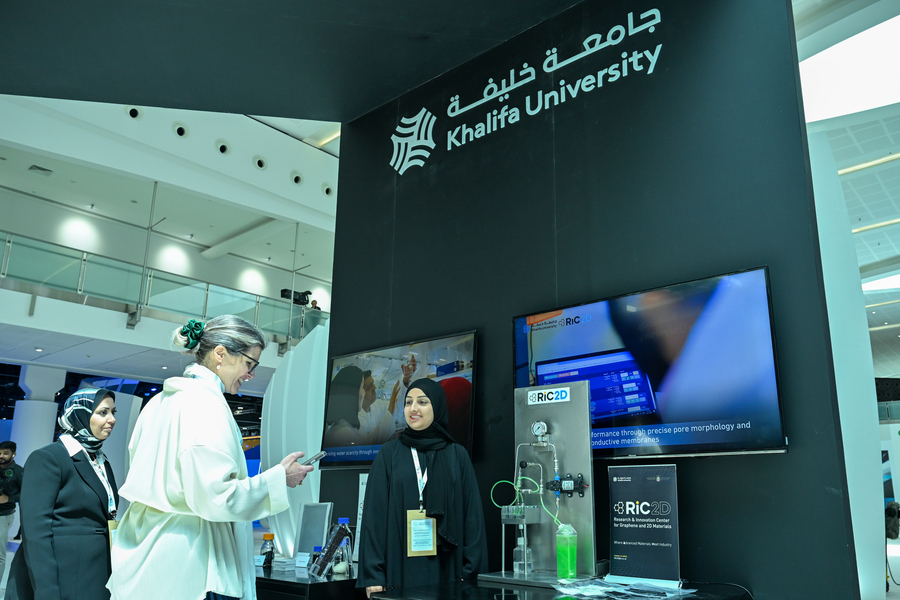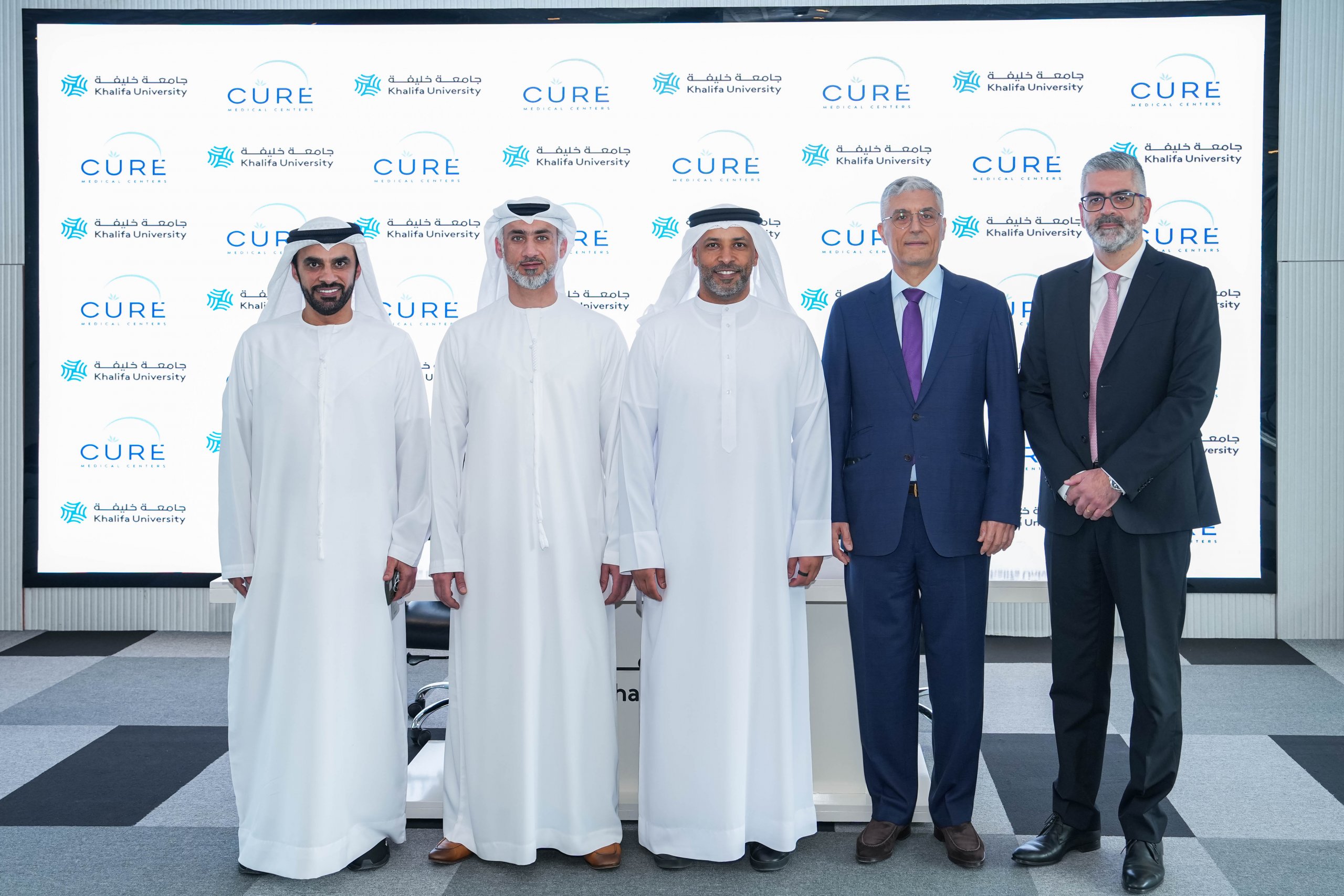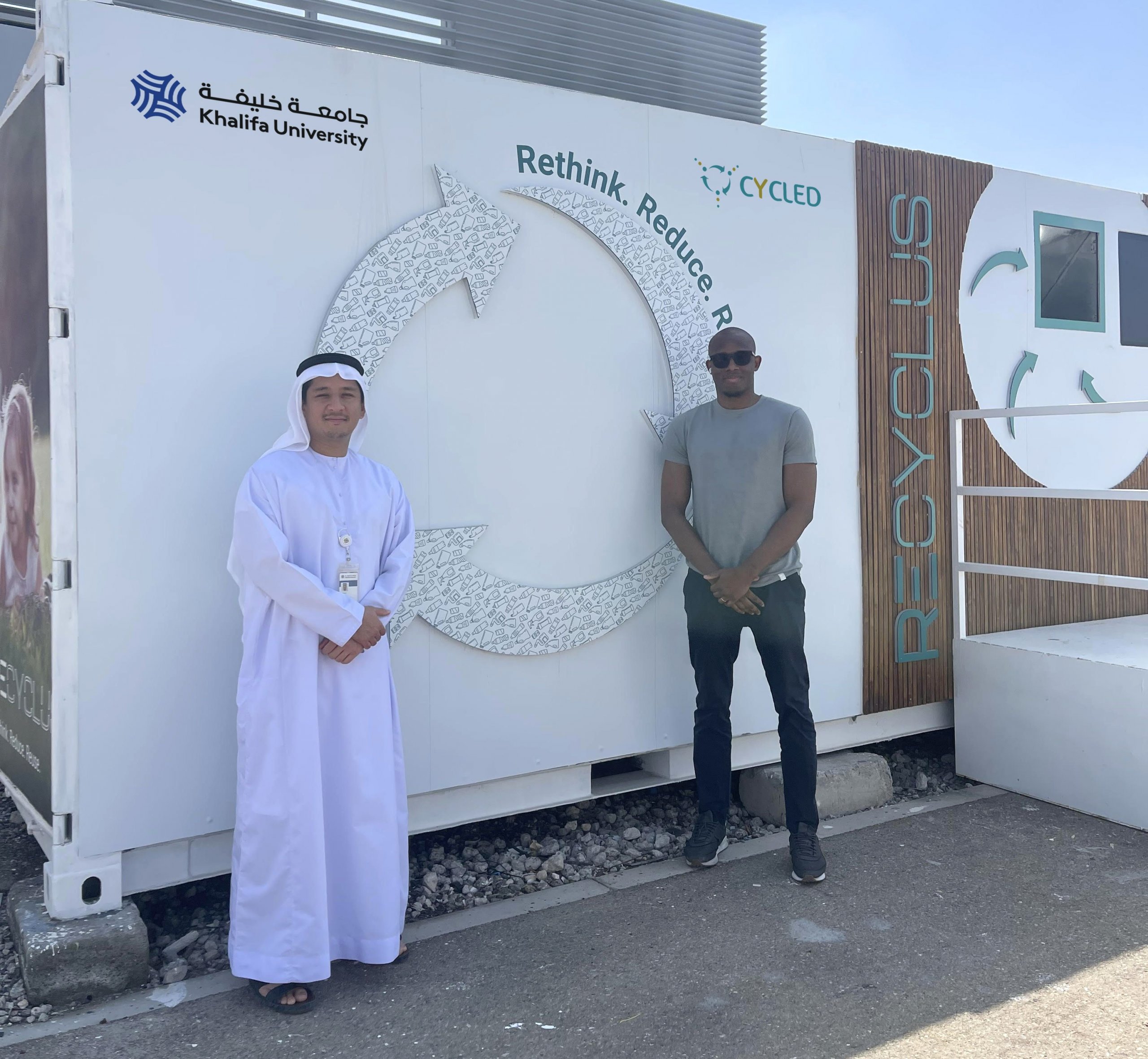Masdar Institute of Science and Technology, the Abu Dhabi-headquartered International Renewable Energy Agency (IRENA), and other collaboration partners today jointly announced the official commissioning of the UAE Solar Atlas. The beta version of the Atlas was released earlier in April 2012.
The data on solar energy will be freely available online from early 2013 and can be accessed by government organizations or private enterprises for assessing the technical feasibility of any proposed renewable energy project. The data would also be fed into IRENA’s global geo-referenced renewable energy (RE) potentials database.
The announcement was made on the sidelines of the Rio+20 Earth Summit 2012 that is being held from 20-22 June in Rio de Janeiro, Brazil. Six days of open-ended informal intercessional were also held in the build-up to the Summit, including the third and final Preparatory Meeting.
A delegation from Masdar Institute is actively participating in the summit as part of the overall Masdar initiative. Masdar Institute is part of the UAE Pavilion that also hosts Masdar and other Mubadala entities. The Solar Atlas is prominently displayed for the benefit of the visitors and stakeholders.
Dr Sultan Ahmed Al Jaber, Assistant Minister of Foreign Affairs, and Special Envoy for Energy & Climate Change, United Arab Emirates, and CEO of Masdar, said: “The official launch of the UAE Solar Atlas comes at a time when investment in solar energy is witnessing an uptrend. This multi-stakeholder initiative will immensely help investors to assess risks and commercial viability before implementing new solar energy projects. Masdar is proud to be part of this project that will provide further momentum to greater adoption of clean energy sources.”
Adnan Amin, Director-General of IRENA, said: “The official release of the UAE Solar Atlas at the Rio Summit signifies the remarkable commitment of the global partner organizations in bringing clean energy closer to the community. This Internet-based platform is designed to raise awareness of technology opportunities and serve as a repository for high quality renewable energy resource data, offering an avenue for those seeking to choose the solar energy route as part of their energy mix.”
Dr Fred Moavenzadeh, President, Masdar Institute, said “The commissioning of the Solar Atlas ensures renewable energy markets regularly receive reliable and stable data on the annual solar irradiance. Such data can prove extremely valuable for deploying various technologies including roof or land area for photovoltaic cells. The MENA region offers abundant potential for tapping solar energy and we believe the UAE Solar Atlas, supported by the country’s leadership, will encourage other countries in the region to implement renewable energy projects in this part of the world.”
The UAE Ministry of Foreign Affairs has taken a leading role in initiating the national contribution to the IRENA Global Atlas Project. Other local stakeholders include the Dubai Supreme Council of Energy, the Environment Agency-Abu Dhabi (EAD), UAE National Center of Meteorology and Seismology (NCMS) and Masdar Power.
International partners in the IRENA Global Atlas initiative include the Energy Research Centre (ERC) of the UK, ParisTech (France), the National Renewable Energy Laboratory (NREL) of the US, and the Energy Sector Management Assistance Program (ESMAP) of the World Bank.
Dr Steve Griffith, Executive Director of Institute Initiatives, Masdar Institute, pointed out that the UAE Solar Atlas is part of the Global Atlas for Solar and Wind Energy project and developed by Masdar Institute’s UAE Research Centre for Renewable Energy Mapping and Assessment. Dr. Hosni Ghedira, Director of the Center, represents Masdar Institute, while Ali Nimer, Acting Director, Administration and Management Services, represents IRENA. A team of 12 researchers and engineers contributed to building profiles of solar and wind resource quality, land use, and grid connectivity in collaboration with local and international partners.
Dr. Hosni Ghedira said that the UAE Research Centre for Renewable Energy Mapping and Assessment is mandated to develop the UAE solar and wind energy resource maps, in addition to developing regional knowledge and leadership in renewable energy assessment and mapping for the Arabian Peninsula and countries with similar climate, mainly in Africa.
A robust satellite-based solar mapping tool developed and validated at the Center was utilized for producing hourly/daily/yearly of three solar irradiance maps for the Solar Atlas. The accurate assessment of the three solar irradiance components helps to simulate the efficiency of available power generation technologies. An accurate assessment of the spatial distribution of solar resources, with detailed and bankable data for specific potential sites, is expected to help attract investments for creating new solar energy capacity.
Dr. Hosni Ghedira added that collaborating on capacity development among stakeholders in participating countries, as well as assisting developing countries to build their renewable energy technology databases were the other aspects.
The UAE Solar Atlas is the outcome of the agreement signed between Masdar Institute and IRENA. The agreement announced at the World Future Energy Summit 2012 in Abu Dhabi also covers exchange of information; joint implementation of project activities, analyses and research studies; as well as defining technical compatibility and methodological harmonization and data transparency protocols for solar and wind data.
For IRENA, the project is a model for its capacity-building activities in the developing world, and for augmenting its own capacity to generate and manage a global potentials atlas/database. The UAE Research Center for Renewable Energy Mapping and Assessment at Masdar Institute aims to develop regional knowledge and leadership with participation and data-sharing opportunities for IRENA and the Clean Energy Ministerial (CEM) member states. The UAE Atlas project set up a team to achieve two objectives – to collect and combine existing databases on wind and solar potentials in the UAE into one open web-portal platform from which solar and wind energy maps can be accessed; and train university students and researchers in solar/wind resource mapping, both to run data collection and analysis and to continue education of future participants.
Established as an on-going collaboration with the Massachusetts Institute of Technology (MIT), Masdar Institute integrates theory and practice to incubate a culture of innovation and entrepreneurship, working to develop the critical thinkers and leaders of tomorrow. With its world-class faculty and top-tier students, the Institute is committed to finding solutions to the challenges of clean energy and climate change through education and research.






